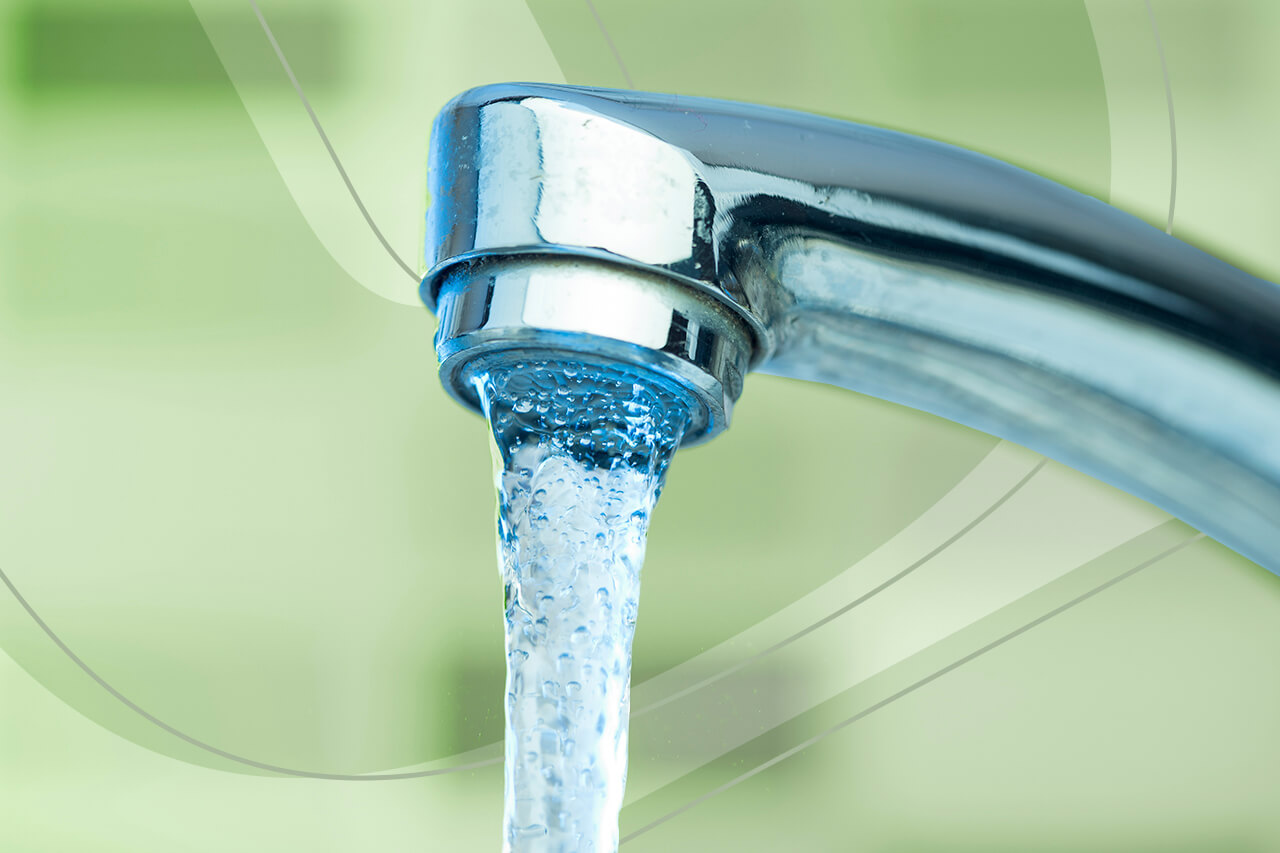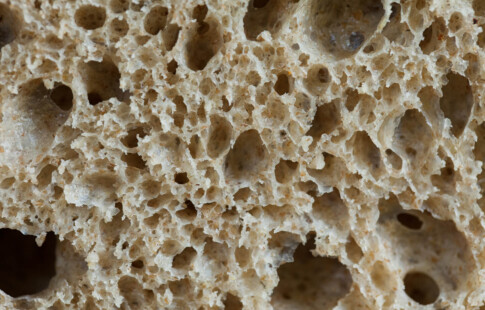
The Benefits of Recycling Water
We are reader-supported. When you buy through links on our site, we may earn affiliate commission.
You’ve probably recycled various materials before, like aluminum cans, cardboard, paper and glass. When you choose to recycle, you’re choosing sustainability and making an effort to save the environment.
One of the materials that maybe you haven’t recycled before, though, is water. Of course, you don’t get a recycling jug that you fill with all of your wastewater to be picked up once every week with your regular recycling. However, industries and households find ways to reuse their water for the benefit of the environment.
Water recycling, also known as water reuse or water reclamation, is the process of reusing treated wastewater for various applications, like agricultural and landscape irrigation, toilet flushing, replenishing groundwater basins and different industrial purposes. This offers a plethora of both financial and resource savings.
Depending on the needs of the individual or industry, the treatment of wastewater can tailor to fit the water quality needs for reuse. For example, if you use recycled water for irrigation, it won’t have to go through an extensive filtration and purification process compared to any water used for drinking.
There’s only so much fresh water available on the planet, so it’s essential to conserve and recycle it. Here are some of the benefits of recycling water.
Sustains the Freshwater Supply
Although water covers much of the Earth, only a tiny fraction is available for drinking, bathing, agriculture and other uses. Of the water on the Earth, 97% is salt, and just 3% is fresh. As the world’s population grows, the water demand will increase, yet the supply will likely remain the same.
By recycling water, you will sustain the freshwater supply as long as it is adequately filtered and treated to ensure quality for use. Recycled water is usually for nonpotable purposes, but some processes make it safe for drinking, bathing and washing dishes.
Decreases Diversion of Freshwater from Ecosystems
Many fish, plants and wildlife species rely on freshwater to survive. A certain amount of fresh water is needed to flow through sensitive ecosystems for the habitat to survive as a whole. A lack of flow due to the diversion of freshwater from agriculture, industries and urban areas can cause these sensitive ecosystems to deteriorate over time.
By reusing water, industries and individuals can decrease the amount of freshwater diverted from at-risk ecosystems. They can rely on their own water recycling rather than taking it away from natural habitats, which benefits them in the long run. A healthy, happy ecosystem makes for a healthier human environment.
Enhances Wetlands
Wetlands are one of the most important ecosystems on the planet. They, of course, are home to many species of plants and animals. However, they’re nature’s own filtration system. Wetlands help sequester harmful pollutants, and they aid in diminishing floods.
The water that enters wetlands often comes from other sources, like streams and rivers. Often, industries will divert streams from wetlands, and they end up drying up. Fortunately, by recycling water, that water flow into wetlands is augmented to improve and sustain wetlands’ wildlife and aquatic habitats.
Reduces Pollution
One of the most significant benefits of recycling water is reducing the number of pollutants entering other waterways. Water that goes unrecycled may enter oceans, rivers, streams, lakes and ponds, which may contain harmful chemicals like pesticides, fertilizers and other substances used in industrial settings.
If agricultural workers and industry owners recycle their water instead of allowing it to enter groundwater systems and other water bodies, it can reduce overall pollution in the water, making it a healthier place for wildlife. Plus, some recycled water may contain higher nutrient levels, which can benefit irrigation systems for agriculture.
Saves Energy
The demand for freshwater is continuing to grow as populations increase and businesses start popping up everywhere. As a result, more water is extracted, transported and treated. Water sometimes travels thousands of miles, which requires a lot of energy through gasoline and nonrenewable resources. Additionally, if the water source is groundwater, it will continue becoming lower, which increases the energy the pump needs to get it to the surface.
By recycling water on-site or at least nearby, it saves the energy needed for transportation and pumping. Also, by recycling water to suit the application’s needs instead of treating all water the same, energy is saved.
Conserve and Recycle Your Water
Water conservation and recycling are becoming more critical as populations rise. The demand for freshwater will only increase, so do your part in conserving and recycling water. You can reuse dishwater to water your plants and reduce the overall amount of water you use each day by turning off the faucet or taking shorter showers. Be part of the effort to save our freshwater supply.
Share on
Like what you read? Join other Environment.co readers!
Get the latest updates on our planet by subscribing to the Environment.co newsletter!
About the author

Jane Marsh
Starting from an early age, Jane Marsh loved all animals and became a budding environmentalist. Now, Jane works as the Editor-in-Chief of Environment.co where she covers topics related to climate policy, renewable energy, the food industry, and more.





